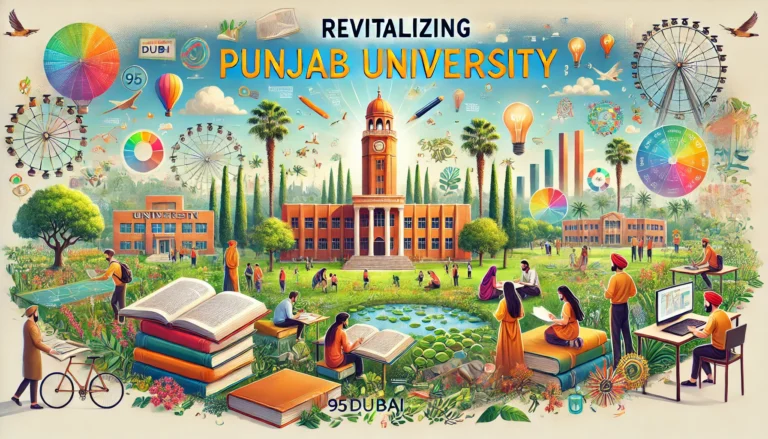Over Rs96 Billion Budget Approved for LDA, WASA, and TEPA
In a significant move to bolster infrastructure and services in Lahore, the governing body of the Lahore Development Authority (LDA) has approved an annual budget of Rs96.16 billion for the fiscal year 2024-25. This budget will be allocated to LDA and its subsidiary organizations: Water and Sanitation Agency (WASA) and Traffic Engineering & Transport Planning Agency (TEPA).
Budget Breakdown:
- LDA: Rs59.18 billion
- WASA: Rs34.5 billion
- TEPA: Rs2.49 billion
The budget aims to enhance the urban infrastructure and services through various development schemes. Key projects include the commercialization and reclassification of eight major roads in Lahore and the establishment of a Directorate of Marketing and Business Development.

Development Initiatives: The approved development schemes focus on sustainable development and urban regeneration. Key initiatives include:
- Underground wiring
- Expansion of parking facilities
- Pedestrian walkways and cycling lanes
- Asphalt work and solar lighting
- Restoration of greenbelts and parks
These initiatives will primarily target the Gulberg Scheme and MM Alam Road, aiming to improve the urban landscape and enhance the quality of life for residents.
Reforms and Regulations: The governing body also introduced amendments in the LDA Transfer of Properties Regulation 2023 and the Management of Properties of LDA Lease Right Regulation. These reforms are expected to streamline property management and transfer processes, making them more efficient and transparent.
Participation and Approval: The meeting was presided over by the LDA Vice Chairman Mian Marghoob Ahmad and attended by various members of the LDA governing body, including MPs, technical members, and representatives from relevant departments. Their collective efforts and approvals are poised to drive significant improvements in Lahore’s infrastructure and urban management.
The approval of this substantial budget reflects the commitment of the LDA and its subsidiaries to fostering urban development and improving public services. The comprehensive development plans and reforms signify a strategic approach to addressing the city’s growing needs and ensuring sustainable growth.







